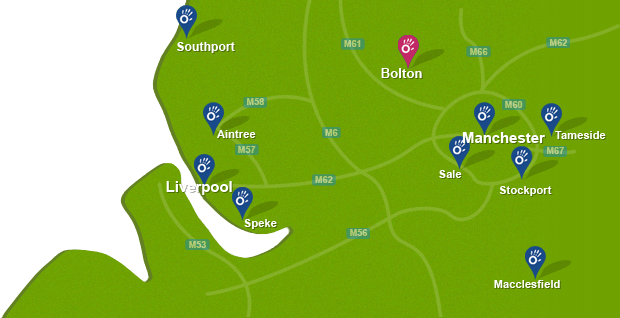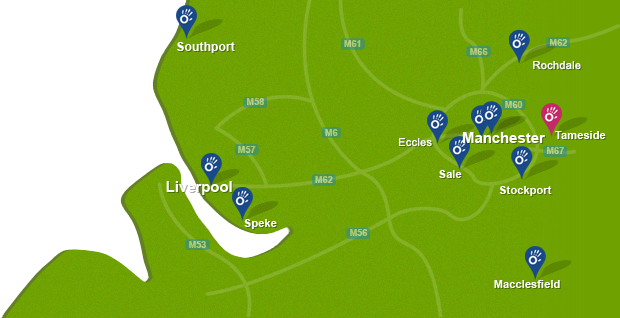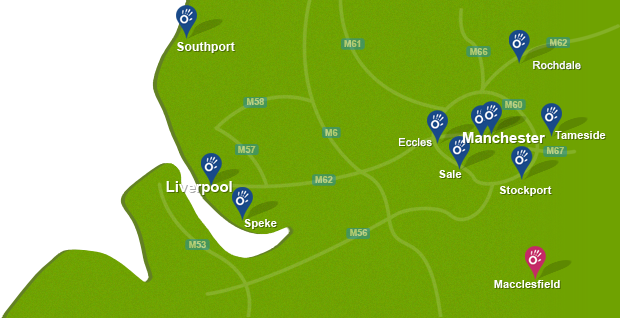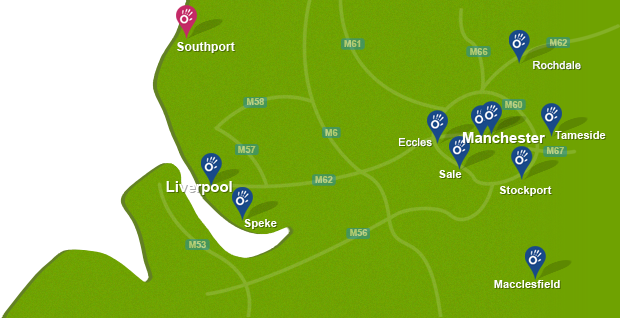What is Chronic Fatigue Syndrome?
Chronic Fatigue Syndrome (CFS) or Myalgic Encephalomyelitis (ME) is a complex problem that means that the person experiences significant and disabling levels of mental and physical tiredness/exhaustion, low levels of energy and sometimes pain. There is no single cause of CFS/ME but ongoing research suggests that the brain, Central Nervous System and immune system are central in reflecting the symptoms involved. CFS or ME may begin with a viral infection or illness. The roles of stress and lifestyle factors are also recognised as important contributors to the development of these disabling conditions.
What are the syptoms of Chronic Fatigue Syndrome?
People suffering from Chronic Fatigue Syndrome (CFS) can experience a wide range of symptoms including:
- Persistent mental tiredness and physical exhaustion
- Significant sleep disturbance/disruption
- Cognitive problems - memory and concentration
- Low mood and anxiety
- Homeostatic problems, eg sweating, increased temperature
- Sensitivity to noise, light, alcohol and some foods
- Abdominal/digestive problems
- Sore throat
 Above: Mobilisations of the lumber vertebrea to relieve pain and stiffness
Above: Mobilisations of the lumber vertebrea to relieve pain and stiffnessWhat Causes Chronic Fatigue Syndrome?
There is no known cause for Fibromyalgia but it is thought that it is a combination of genetic, psychological, emotional, environmental and lifestyle factors that influence the body and brain over time. These include changes in the thoughts, emotions and physical behaviours of the person with Fibromyalgia and care caused by the brain and body’s response to stress factors, illness and physical demands. It is a complex interaction and is difficult to treat successfully.
What problems caused by Chronic Fatigue Syndrome/ME can physiotherapy help with?
Physiotherapy can help with a great deal with the symptoms of Chronic Fatigue Syndrome (CFS) or Myalgic Encephalomyelitis (ME) as long as a holistic assessment and treatment approach is undertaken that respects the complex nature of the condition. This enables the therapist to address the low mood, help to reduce fear and anxiety, helps build confidence and ultimately to gradually increase exercise and function. Physiotherapy treatment can help to improve sleep quality, reduce fatigue and very gradually increase levels of energy and enhance quality of life.
How is Chronic Fatigue Syndrome diagnosed?
There is no single diagnostic test for Chronic Fatigue Syndrome (CFS) or Myalgic Encephalomyelitis (ME). A diagnosis of CFS/ME should be considered if a person has fatigue or exhaustion that is persistent or recurrent. This person may be significantly disabled by this fatigue. The chronic fatigue must also have started at a specific time and not be as a result of other health conditions. In order to make a certain diagnosis of CFS, at least one or more other symptoms should be involved such as significant sleep disturbance, headaches, cognitive problems (concentration/memory), muscle/joint pains, dizziness/nausea and feeling worse following physical/mental effort. These symptoms of CFS should also have persisted for at least four months in an adult.
Physiotherpay treatment for Chronic Fatigue Syndrome
An experienced holistic physiotherapist is well placed to help and support the person with Chronic Fatigue Syndrome (CFS) or Myalgic Encephalomyelitis (ME). The aims of physiotherapy treatment for the individual with CFS are to:
- Gain a better understanding of their condition
- Reduce fear and anxiety
- Increase confidence
- Enhance sleep quality
- Improve mood
- Regulate of periods of activity and rest involving advanced pacing skills
- Specific goal setting for valued activities
- Promotion of graded exercise
- Analysis of sleep patterns/activity patterns
- Education regarding how CFS/ME may have developed and how thoughts, emotions and behaviour can influence the condition
- Pacing skills
- Relaxation techniques
 Above: Improving exercise tolerance through gentle physical training
Above: Improving exercise tolerance through gentle physical trainingSpecific goal setting for activity and promotion of graded exercise
It is important that a very gradual approach is taken to exercise and functional tasks. Your physiotherapist will help you to link your exercises to specific goals in your day to day life. This means that fatigue and exhaustion are not significantly worsened yet, over time you will be able to carry out increased activity that improves quality of life.
Analysis of sleep and behaviour patterns
Your physiotherapist will advise you on the best approach to take towards improving your sleep and activity levels following a detailed analysis on your current habits. This enables the correct support and changes to be made so that the quality and appropriate amount of sleep improves.
Understanding how chronic fatigue syndrome developed and can be influenced
The person with Chronic Fatigue Syndrome (CFS) or Myalgic Encephalomyelitis (ME) normally copes much better once a clearer and more detailed understanding of the complexity involved has been provided. Your physiotherapist will help you to develop increased awareness of the role of thinking, emotions and behavioural patterns. Some of the thoughts, emotions and behaviour that are currently involved may not be helpful and we will help you to replace these with better ways of approaching these problems with support. This can help with the symptoms of fatigue, exhaustion and the other reactions in the body to stress and any previous viral infection/illness.
Pacing skills and relaxation techniques
In order to ensure that individuals with Chronic Fatigue Syndrome or Myalgic Encephalomyelitis (ME) have an appropriate balance between activity and rest they will require the development of a paced approach to life activities and functional tasks alongside relaxation techniques. Relaxation techniques will promote the beneficial effects of the calming Parasympathetic Nervous System, whilst adopting a pacing strategy will ensure the right choices are made in ensuring activity, and any resulting fatigue, are not overwhelming.
Summary
Chronic Fatigue Syndrome (CFS)/Myalgic Encephalomyelitis (ME) are terms used to describe a wide range of debilitating symptoms mainly presenting as significant mental tiredness and physical exhaustion, malaise and markedly reduced function for at least four months. Research has shown that the most effective treatments for CFS/ME involve a holistic and detailed assessment followed by a person-centred treatment plan. At Manchester Physio, the plan is to seek to incorporate all the thinking and behaviour/decision-making changes that need to take place so that the detrimental effects of the condition are addressed. This should involve sleep becoming better regulated, sleep quality improving, fatigue and exhaustion being managed more effectively therefore enabling functional activity and exercise to be very gradually increased and quality of life enhanced.
If you would like to find out more about how physiotherapy treatment can help improve the symptoms of Chronic Fatigue Syndrome (CFS) or Myalgic Encephalomyelitis (ME) please phone 0161 833 0077 or email office@manchesterphysio.co.uk for more information.



 0161 883 0077
0161 883 0077












































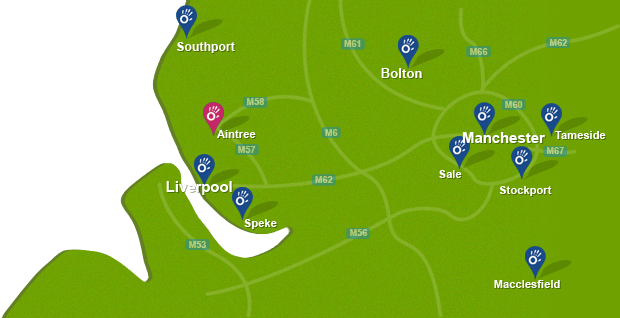

 f
f
